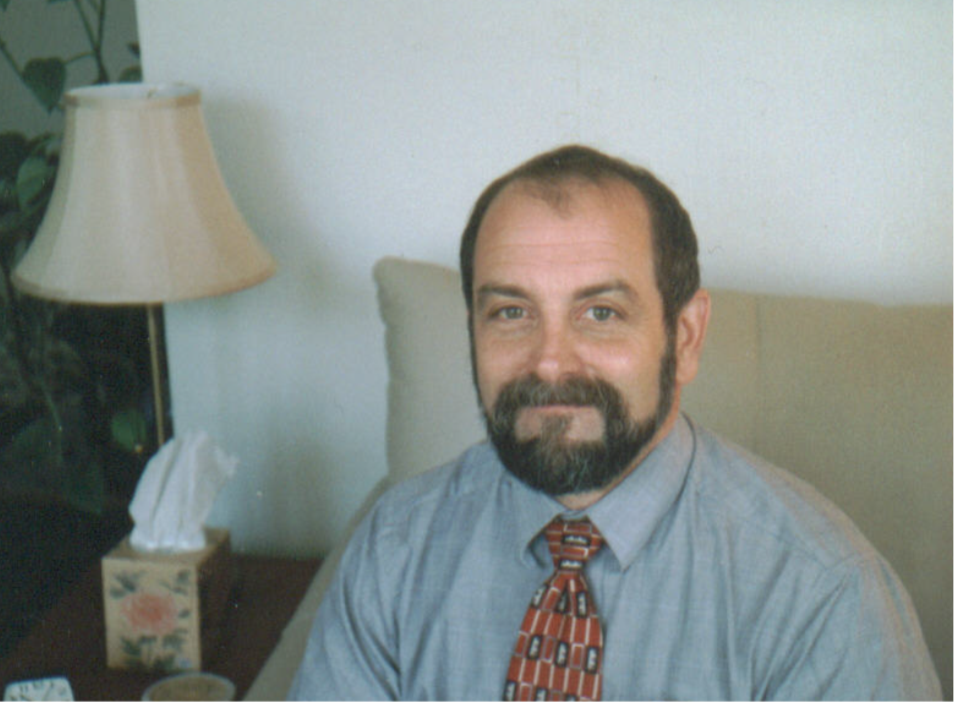Psychotherapy is conducted within the context of a unique relationship between trained professionals and their clients. How such helping relationships benefit consumers is described differently by various practitioners. Some common ingredients are: establishing a safe haven for honest exchanges, agreeing on some measures of current status, negotiating cooperative goals, enacting some mutually acceptable procedures, reviewing progress, incorporating desirable changes in everyday life (outside of the consulting environment), and deciding to draw the process to a close.
I find that people are relieved to know that their personal circumstances are well understood by an individual who carefully listens and observes. Those who are disheartened and weary take courage from learning how others have made satisfying changes. When faced with unfamiliar life changes, accurate information can be a vital tool for reaching goals. When flooded by overpowering emotions, a supportive guide to new options is helpful. When besieged by complex stressors, taking time to think through how events occur and how they can be influenced is a growing source of stability and comfort. In my work, I find that my clients typically discover, practice and apply new choices over the course of psychotherapy that enhance, enrich and ease their lives.
One frequent rationale for not seeking psychotherapy is the belief that your problem is "physical" and not "mental;" for example, that anxiety or mood disorders are "chemical imbalances" and not psychological conditions. By and large this is a false distinction. It is true that computer-aided tomography reveals differences in blood flow or the availability of neurotransmitters in those who suffer psychiatric disorders. However, it is also true that such brain imagery has revealed neurophysiological changes resulting from psychotherapy alone.
That "physical" differences are demonstrable does not require the conclusion that "physical" interventions are necessary. The mind and body are intimately fused. There are, however, some psychiatric conditions for which there are no known cures (for example, schizophrenia, bipolar disorder, or progressive dementia). Psychotherapy will not change the physiological bases for such disorders. Neither will any pharmaceutical treatment. But both psychotherapy and psychopharmaceuticals can help manage the effects of these disorders in the lives of patients.
Psychotherapy can also be helpful for living with many general medical conditions. Although cures are not possible through the exercise of "mind over matter," there are disease processes that can be mitigated and ameliorated by psychological support. Research has demonstrated increased longevity in cancer patients with group psychotherapy and support. Compliance with medical regimes is enhanced with psychological interventions, thereby improving outcomes. Psychotherapy aimed at emotional regulation and stress reduction improves the quality of life for many with medical illnesses. Pain can be better managed through using psychological techniques.
Another common reason for not seeking psychotherapy is the notion that things will get better with time. The truth is that time does not heal all. It's how you use time that makes the difference. After minor upsets that enter everyone's life, most people resume normal functioning when given sufficient time. There are, however, unusual challenges that none of us are prepared to overcome on our own. Moreover, some of us have not been equipped to rebound easily from ordinary crises. Trying psychotherapy can catalyze and accelerate recovery from disturbing detours we travel in our life journeys.

